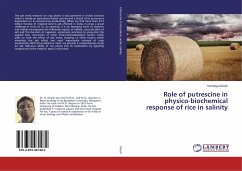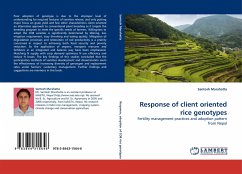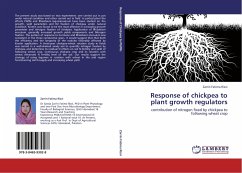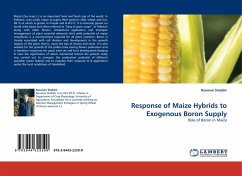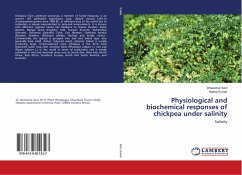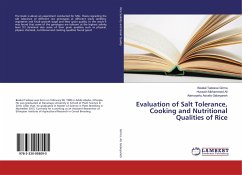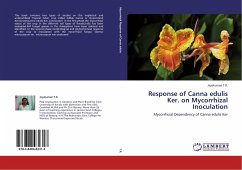The salt stress research on crop plants is very pertinent in Indian scenario which is mainly an agricultural based country and a chunk of its economy is dependant on its annual crop productivity. When we find more than 6.73 million hectare of irrigated land is salt affected in India, it poses a great challenge in front of us. So certainly, it is an emerging front of research and mainly encompasses the following aspects of salinity: concentration of salt and the duration of exposure, agronomic practices to encounter the applied salts, interaction of other environmental/edaphic factors which adds on with the effect of salt stress, studying of other factors which minimizes the salt effect and most importantly retrieval of crop productivity. With this problem in mind, we provide a comprehensive study on salt tolerance ability of rice plants and its modulation by signaling compounds as the research topic in this book.

